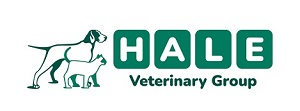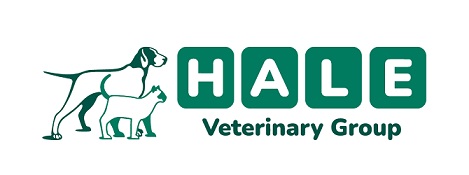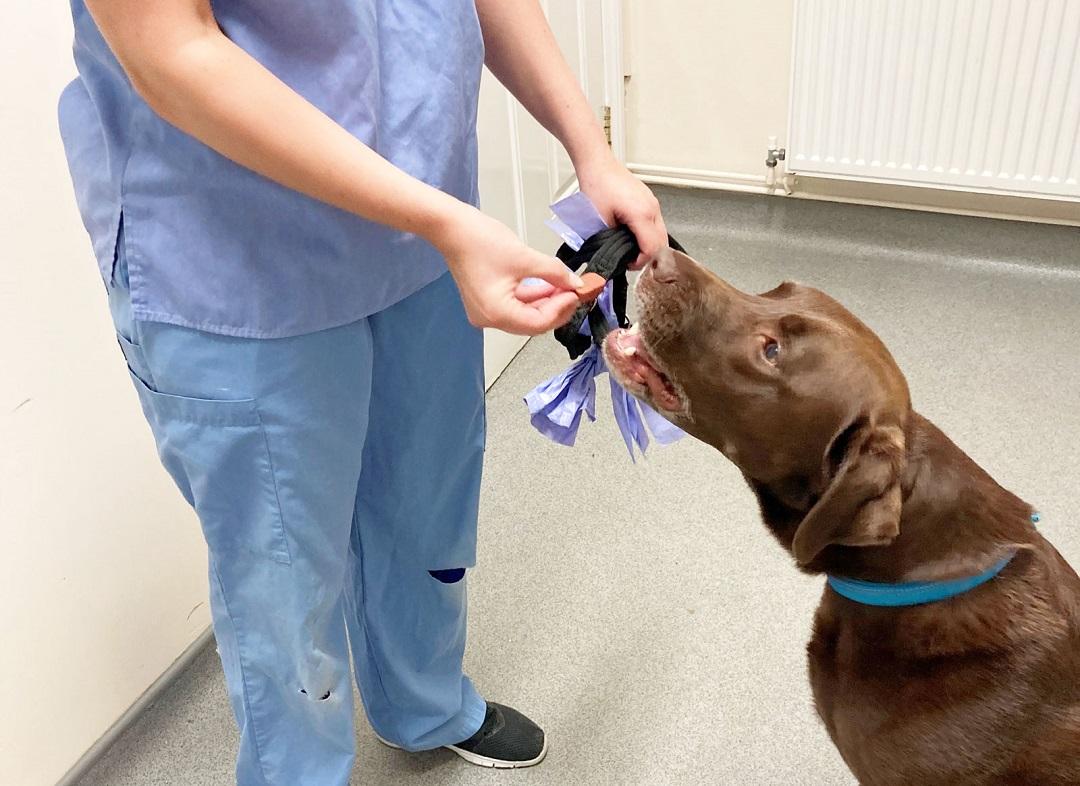Dental Services
It is easy to forget that oral health is as important for your pet as it is for yourself. We often think that if your animal is still eating, their teeth must be fine, but this is often not the case.
Most animals are very good at hiding pain and will continue eating despite a tooth being rotten or wobbly, or the gums being inflamed, and this is largely because in the wild, if they didn’t eat, they wouldn’t survive.
Dental disease can occur because of genetics, diet, or environmental factors, and is sometimes noticed as bad breath, avoiding hard foods, excess drooling or blood on toys after playing.
We routinely check your animal’s teeth during their annual health check and if we notice these signs then we may advise a dental procedure to be undertaken.
This involves a general anaesthetic to scale and polish the teeth, and identify the site of disease. Often diseased teeth will need to be removed because the roots are damaged, or the sensitive tissue is exposed.
We often instil local anaesthetic into the gum to numb the site before extractions and reduce pain when the patient wakes up from anaesthetic. Antibiotics and pain relief may be prescribed, depending upon the level of disease.
Cats and dogs cope very well following dental extractions and are usually back eating hard foods within a few days.
The key to maintaining good dental hygiene is instigating a cleaning programme such as using toothpastes or pet specific mouth washes. Providing hard food and chews to reduce plaque build-up will aim dental hygiene, whilst preventing chasing, or chewing stones and other hard objects will assist in preventing damaged teeth. Our nursing team can provide help and demonstration on how to brush your dog or cats’ teeth.
All animals are different, and some may never have dental issues, whilst others may require regular treatment.
If you have any concerns about your pet’s dental health or would like to discuss ways to avoid problems, we are happy to talk this through.


